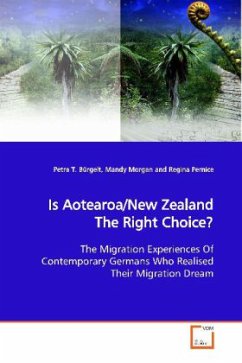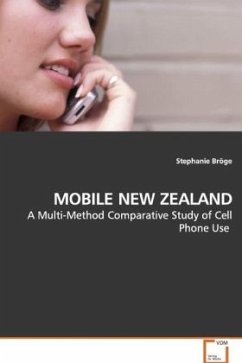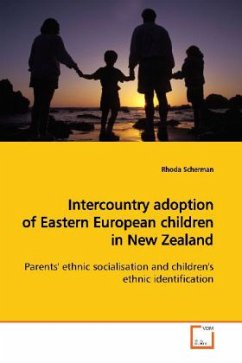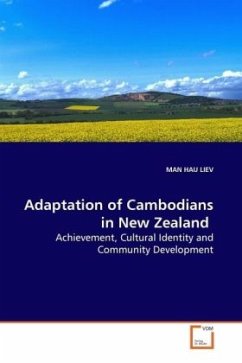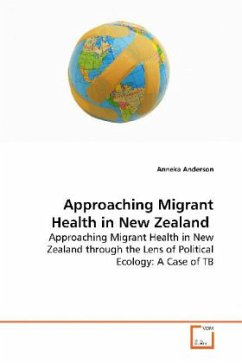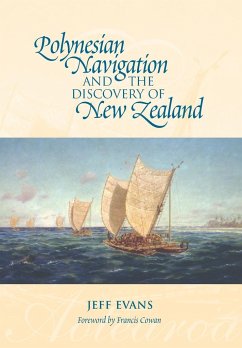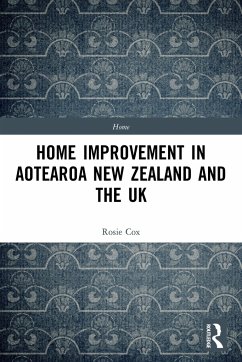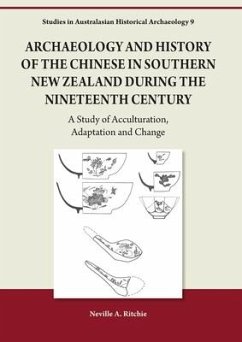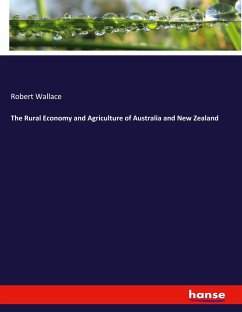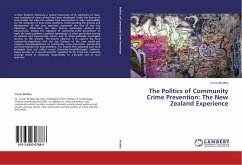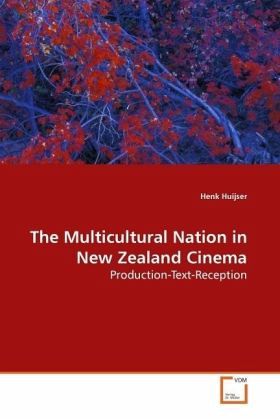
The Multicultural Nation in New Zealand Cinema
Production-Text-Reception
Versandkostenfrei!
Versandfertig in 6-10 Tagen
52,99 €
inkl. MwSt.

PAYBACK Punkte
26 °P sammeln!
This book is about representation and the importance of visibility and inclusivity in the stories we tell each other about ourselves. It is therefore also about power and local access to the means of representation in an increasingly globalised world. This book uses one film, "Broken English" (1996), as a case study to explore in depth 'where New Zealand is at' as a nation. This choice is based on the proposition that this feature film at the time presented a significant 'break' in New Zealand cinema: where feature films before 'imagined' New Zealand overwhelmingly in either monocultural or bi...
This book is about representation and the importance
of visibility and inclusivity in the stories we tell
each other about ourselves. It is therefore also
about power and local access to the means of
representation in an increasingly globalised world.
This book uses one film, "Broken English" (1996), as
a case study to explore in depth 'where New Zealand
is at' as a nation. This choice is based on the
proposition that this feature film at the time
presented a significant 'break' in New Zealand
cinema: where feature films before 'imagined' New
Zealand overwhelmingly in either monocultural or
bicultural terms, this film specifically and
deliberately provided a multicultural perspective.
By analysing this particular film on different
levels and from many different angles, this book
works through issues of national identity, by using
concepts like ethnicity, race and diaspora. Through
interviews with key people and a series of focus
groups, the book explores where policy makers, film
makers and viewers from a variety of ethnic
backgrounds situate themselves and others within
contemporary Aotearoa/ New Zealand.
of visibility and inclusivity in the stories we tell
each other about ourselves. It is therefore also
about power and local access to the means of
representation in an increasingly globalised world.
This book uses one film, "Broken English" (1996), as
a case study to explore in depth 'where New Zealand
is at' as a nation. This choice is based on the
proposition that this feature film at the time
presented a significant 'break' in New Zealand
cinema: where feature films before 'imagined' New
Zealand overwhelmingly in either monocultural or
bicultural terms, this film specifically and
deliberately provided a multicultural perspective.
By analysing this particular film on different
levels and from many different angles, this book
works through issues of national identity, by using
concepts like ethnicity, race and diaspora. Through
interviews with key people and a series of focus
groups, the book explores where policy makers, film
makers and viewers from a variety of ethnic
backgrounds situate themselves and others within
contemporary Aotearoa/ New Zealand.



